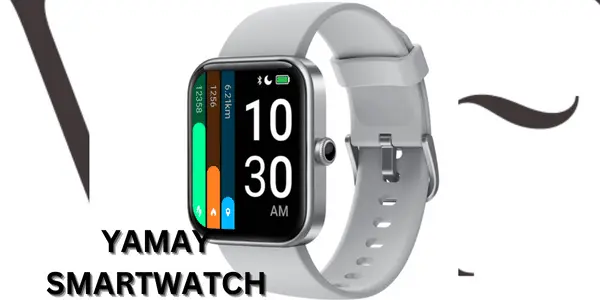How Accurate are Samsung Smartwatch Heart Rate Monitors?
Wearable technology has significantly advanced recently, and smartwatches have become increasingly popular among fitness enthusiasts.
Samsung smartwatches are among the most sought-after devices with various features, including heart rate monitoring.
But how accurate are Samsung smartwatch heart rate monitors? In this article, we will explore the accuracy of Samsung smartwatch heart rate monitors and what factors affect their precision.
Understanding Heart Rate Monitoring
Heart rate monitoring is the process of measuring the heart’s beats per minute (BPM). It is a crucial metric for assessing cardiovascular health.
Heart rate monitors are in many wearable devices, including Samsung smartwatches. These devices use different technologies to detect the heart rate, such as photoplethysmography (PPG), electrocardiogram (ECG), and pulse oximetry.
Samsung Smartwatch Heart Rate Monitors
Samsung smartwatches use PPG technology to monitor heart rate, which measures the changes in blood volume through the skin.
The sensor on the back of the watch detects the changes in the amount of light absorbed or reflected by the blood vessels as the heart pumps blood through the body.
Factors Affecting Heart Rate Monitor Accuracy
Several factors can affect the accuracy of heart rate monitors, including:
Fit and Placement of the Watch
The accuracy of the heart rate monitor can be affected by how tightly the watch is worn and its placement on the wrist. If the watch is too loose or tight, it can affect the sensor’s ability to detect the heart rate accurately.
Skin Tone
Skin tone can affect the accuracy of heart rate monitors that use PPG technology. Darker skin tones absorb more light, making it more challenging for the sensor to accurately detect blood volume changes.
Motion
Any movement during exercise can cause the heart rate monitor to provide inaccurate readings. The motion can cause the sensor to detect movements other than the pulse.
Environmental Factors
Environmental factors such as temperature and humidity can affect the accuracy of the heart rate monitor. Extreme temperatures and high humidity levels can affect the sensor’s ability to detect the heart rate accurately.
Accuracy of Samsung Smartwatch Heart Rate Monitors
Samsung smartwatches are accurate in measuring heart rate during rest and light activities. However, during high-intensity workouts or activities that involve a lot of motion, the accuracy of the heart rate monitor may be compromised. The accuracy of the heart rate monitor can also be affected by factors such as the fit and placement of the watch, skin tone, and environmental factors.
Several studies have been conducted to test the accuracy of Samsung smartwatch heart rate monitors. One study conducted by the Cleveland Clinic found that the Samsung Galaxy Watch was 100% accurate in measuring heart rate during moderate exercise. Another American Council on Exercise study found that the Samsung Gear S2 was 92% accurate in measuring heart rate during moderate exercise.
Conclusion
Samsung smartwatch heart rate monitors accurately measure heart rate during rest and light activities. However, during high-intensity workouts or activities that involve a lot of motion, the accuracy of the heart rate monitor may be compromised. Factors such as the fit and placement of the watch, skin tone, and environmental factors can also affect the accuracy of the heart rate monitor.
FAQs
How does a Samsung smartwatch measure heart rate?
Samsung smartwatches use PPG technology to monitor heart rate, which measures the changes in blood volume through the skin.
Can the accuracy of a Samsung smartwatch heart rate monitor be affected by skin tone?
Yes, skin tone can affect the accuracy of heart rate monitors that use PPG technology. Darker skin tones absorb


![Can You Use Fitbit without Internet? [Get Updated Info]](https://thewatchfilter.com/wp-content/uploads/2023/04/connect-to-laptop-2-768x427.webp)

